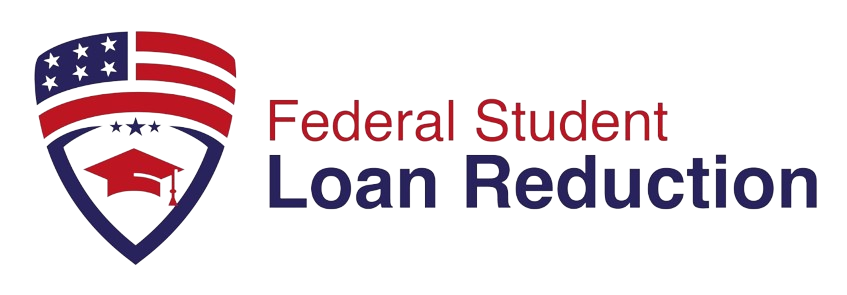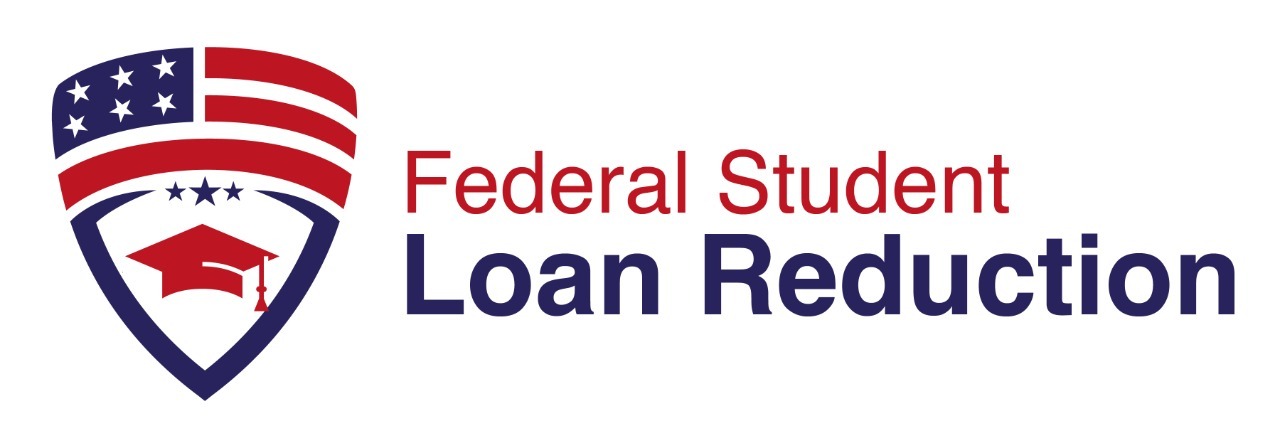Blog

What Happens If You Don't Pay Your Student Loans?
Student loans are a significant financial burden for many, and the prospect of not being able to pay them can be daunting. Understanding the consequences of not paying your student loans is crucial for managing your finances effectively.
Immediate Consequences:
Missed Payments and Delinquency: When you miss a payment, your loan becomes delinquent. Delinquency starts the day after a missed payment and continues until the payment is made or the loan goes into default.
Impact on Credit Score: Delinquency can negatively affect your credit score. Loan servicers report delinquent payments to credit bureaus, which can lower your credit score and affect your ability to obtain other forms of credit.
Long-Term Consequences:
Loan Default: If a loan remains delinquent for a certain period (typically 270 days for federal loans), it goes into default. Defaulting on a student loan has severe consequences, including the entire loan balance becoming due immediately.
Collection Actions: Once in default, the loan may be turned over to a collection agency. This can lead to additional fees and costs, increasing your total debt.
Wage Garnishment: The government can garnish your wages, tax refunds, and even Social Security benefits to recover the defaulted loan amount.
Loss of Eligibility for Financial Aid: Defaulting on a student loan makes you ineligible for additional federal student aid, which can hinder further educational pursuits.
Options to Avoid Default:
Income-Driven Repayment Plans: These plans adjust your monthly payment based on your income and family size, making it more manageable.
Loan Deferment or Forbearance: If you're facing temporary financial hardship, you may qualify for deferment or forbearance, which allows you to temporarily stop making payments or reduce your monthly payment amount.
Loan Rehabilitation or Consolidation: These options can help bring your loan out of default and restore your credit standing.
Conclusion:
It's essential to address student loan issues proactively. Ignoring them can lead to severe financial consequences that affect your credit and overall financial health. Exploring repayment options, seeking assistance from loan servicers, and staying informed about your rights and responsibilities can help manage your student loan debt effectively.
Blog

What Happens If You Don't Pay Your Student Loans?
Student loans are a significant financial burden for many, and the prospect of not being able to pay them can be daunting. Understanding the consequences of not paying your student loans is crucial for managing your finances effectively.
Immediate Consequences:
Missed Payments and Delinquency: When you miss a payment, your loan becomes delinquent. Delinquency starts the day after a missed payment and continues until the payment is made or the loan goes into default.
Impact on Credit Score: Delinquency can negatively affect your credit score. Loan servicers report delinquent payments to credit bureaus, which can lower your credit score and affect your ability to obtain other forms of credit.
Long-Term Consequences:
Loan Default: If a loan remains delinquent for a certain period (typically 270 days for federal loans), it goes into default. Defaulting on a student loan has severe consequences, including the entire loan balance becoming due immediately.
Collection Actions: Once in default, the loan may be turned over to a collection agency. This can lead to additional fees and costs, increasing your total debt.
Wage Garnishment: The government can garnish your wages, tax refunds, and even Social Security benefits to recover the defaulted loan amount.
Loss of Eligibility for Financial Aid: Defaulting on a student loan makes you ineligible for additional federal student aid, which can hinder further educational pursuits.
Options to Avoid Default:
Income-Driven Repayment Plans: These plans adjust your monthly payment based on your income and family size, making it more manageable.
Loan Deferment or Forbearance: If you're facing temporary financial hardship, you may qualify for deferment or forbearance, which allows you to temporarily stop making payments or reduce your monthly payment amount.
Loan Rehabilitation or Consolidation: These options can help bring your loan out of default and restore your credit standing.
Conclusion:
It's essential to address student loan issues proactively. Ignoring them can lead to severe financial consequences that affect your credit and overall financial health. Exploring repayment options, seeking assistance from loan servicers, and staying informed about your rights and responsibilities can help manage your student loan debt effectively.
Contact Us
Contact Us
Have Questions or Need Assistance? Our Team Is Ready to Support You
Disclaimer
Similar to how your accountant works for you on your taxes and not for the IRS or a collection agency, Federal Student Loan Reduction is in no way affiliated with the Department of Education or your Student Loan Servicer, and is not a collection agency.
Federal Student Loan Reduction is in no way sponsored, endorsed, administered by, or associated with Facebook. This offer is fully compliant with Facebook Advertising policies which state, "ads promoting student loan services must be targeted to people 18 years or older. Ads must not promote misleading or deceptive services related to student loan consolidation, forgiveness, or refinancing."
© Copyright 2024 • Federal Student Loan Reduction


